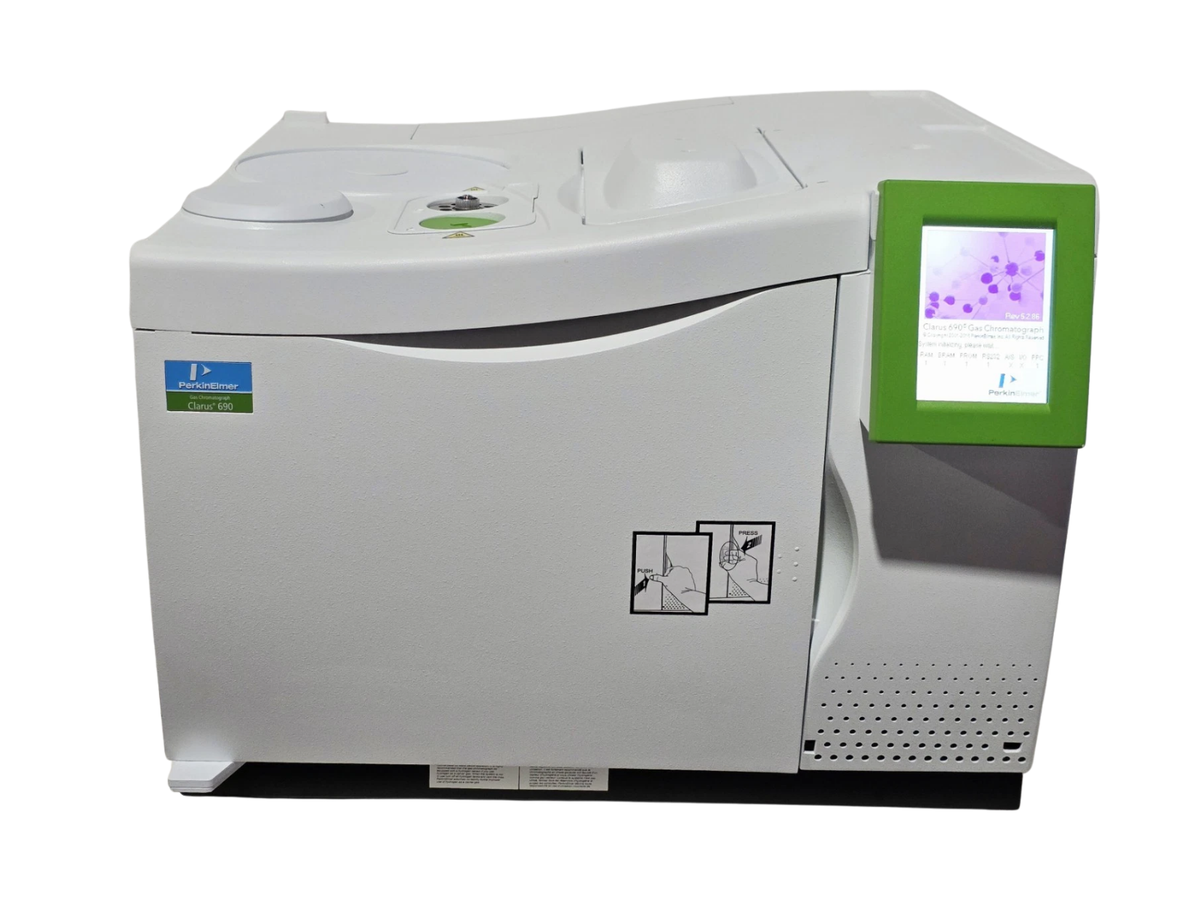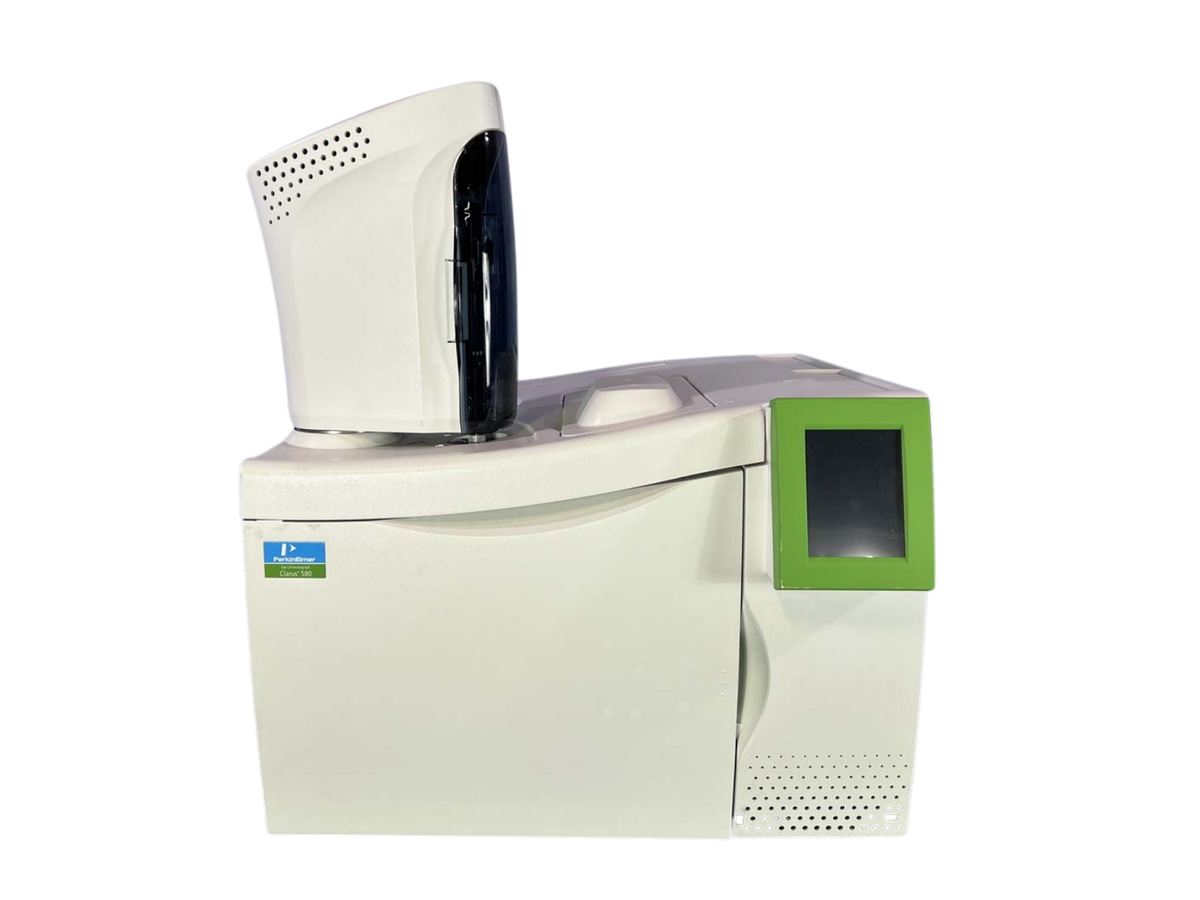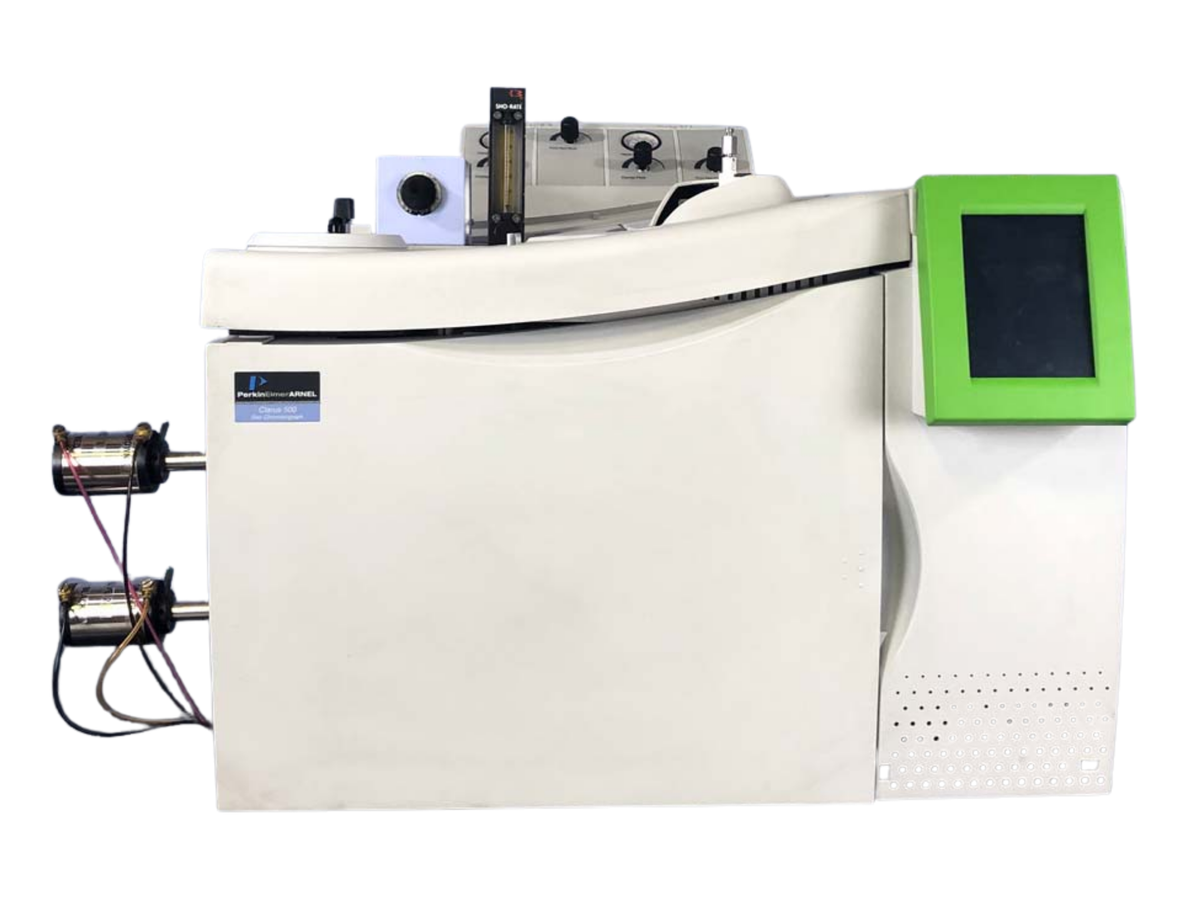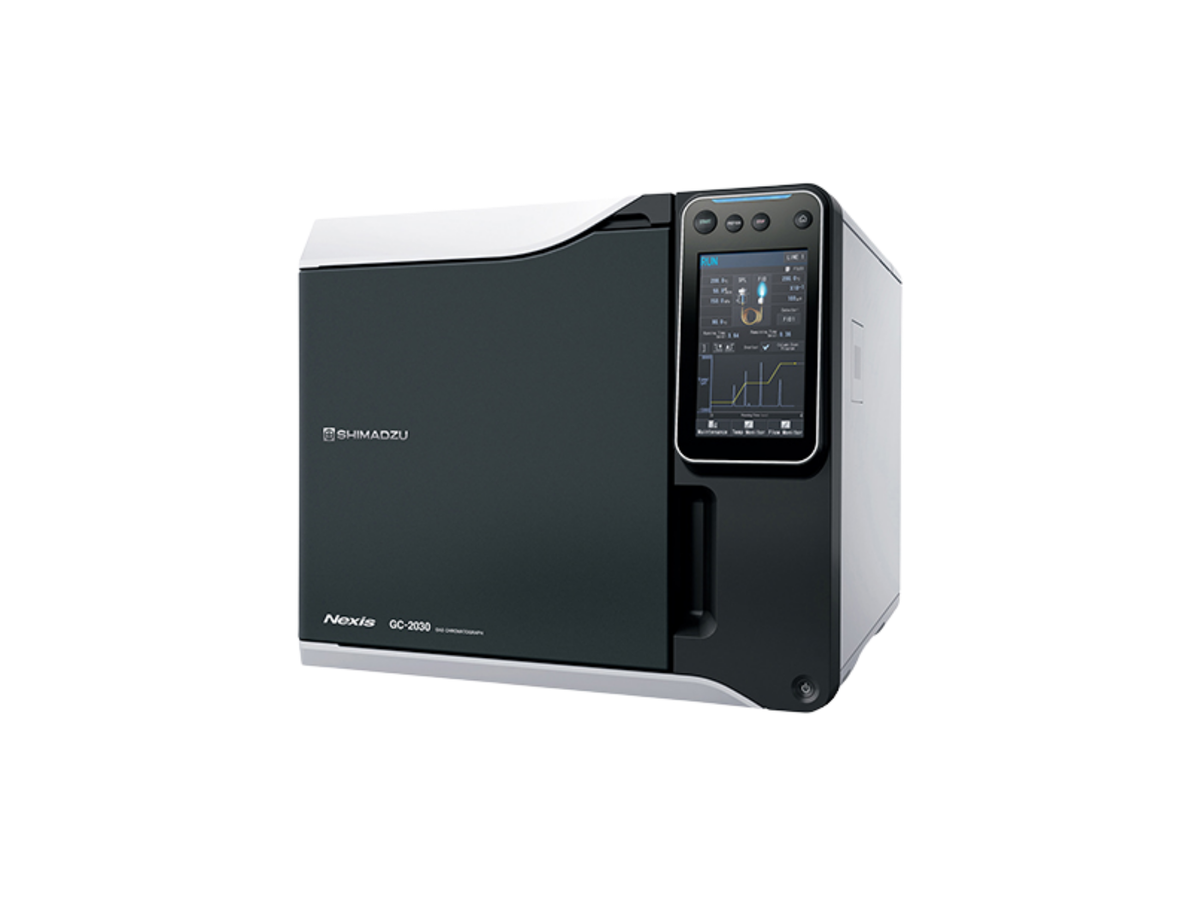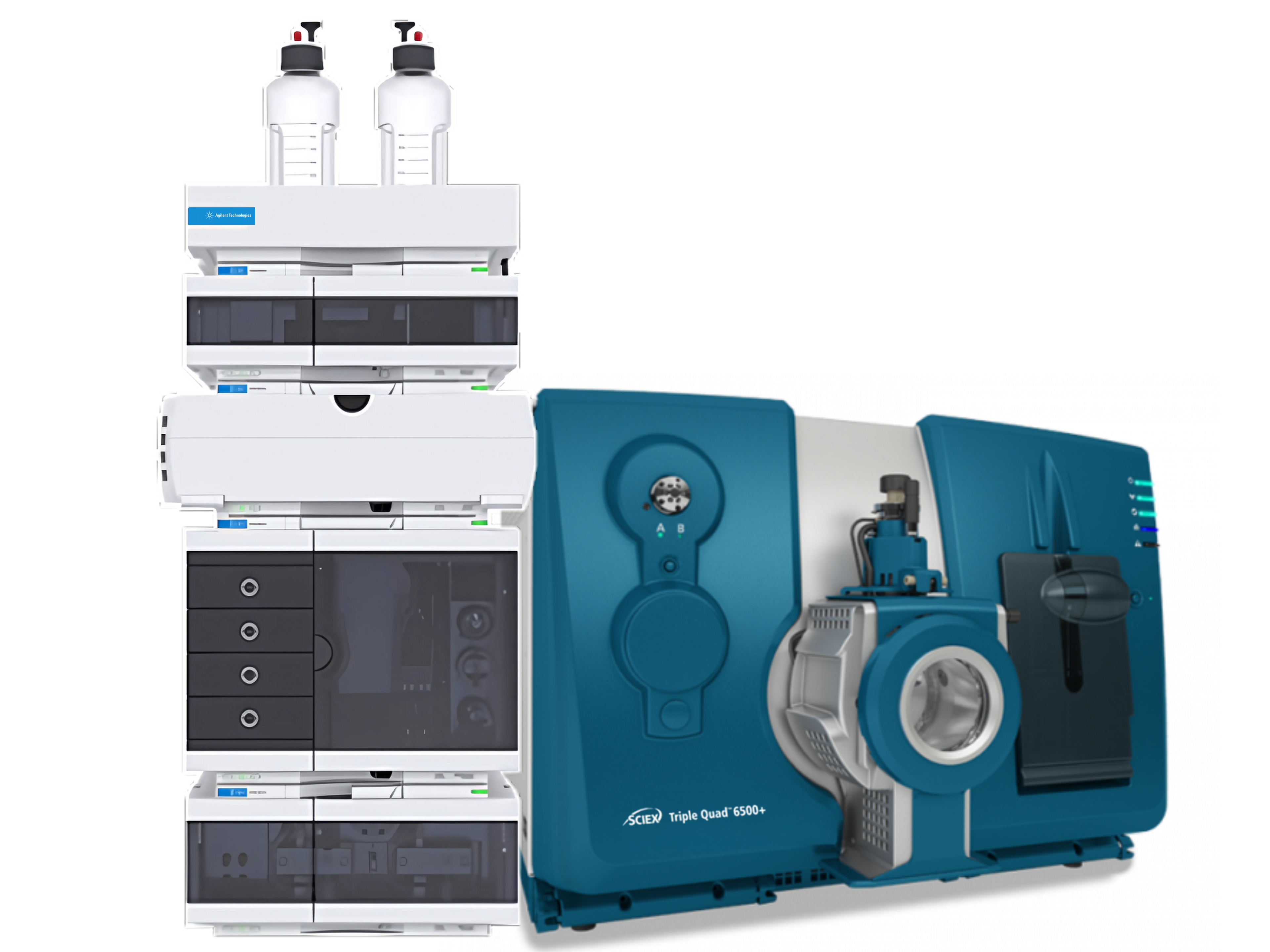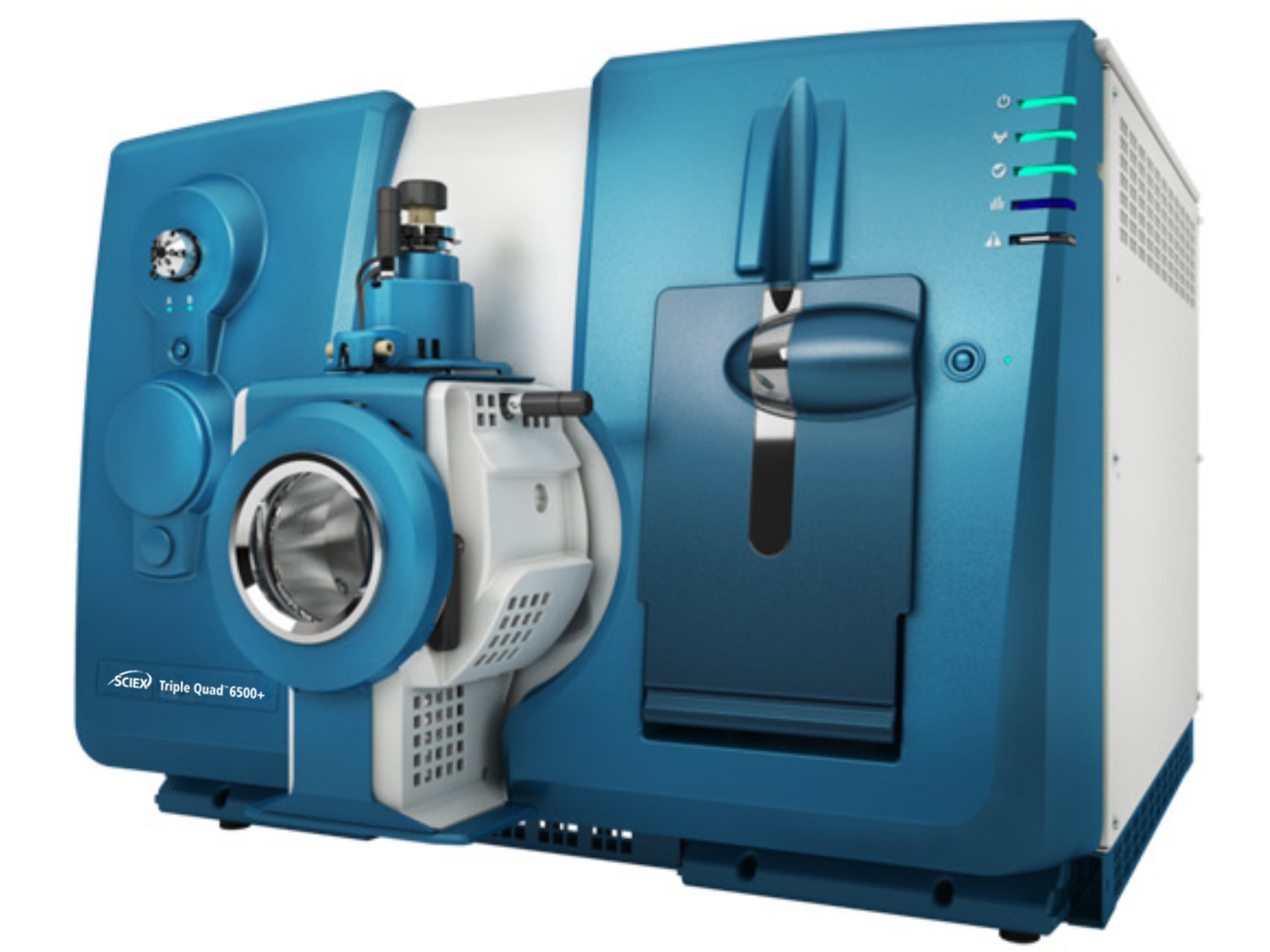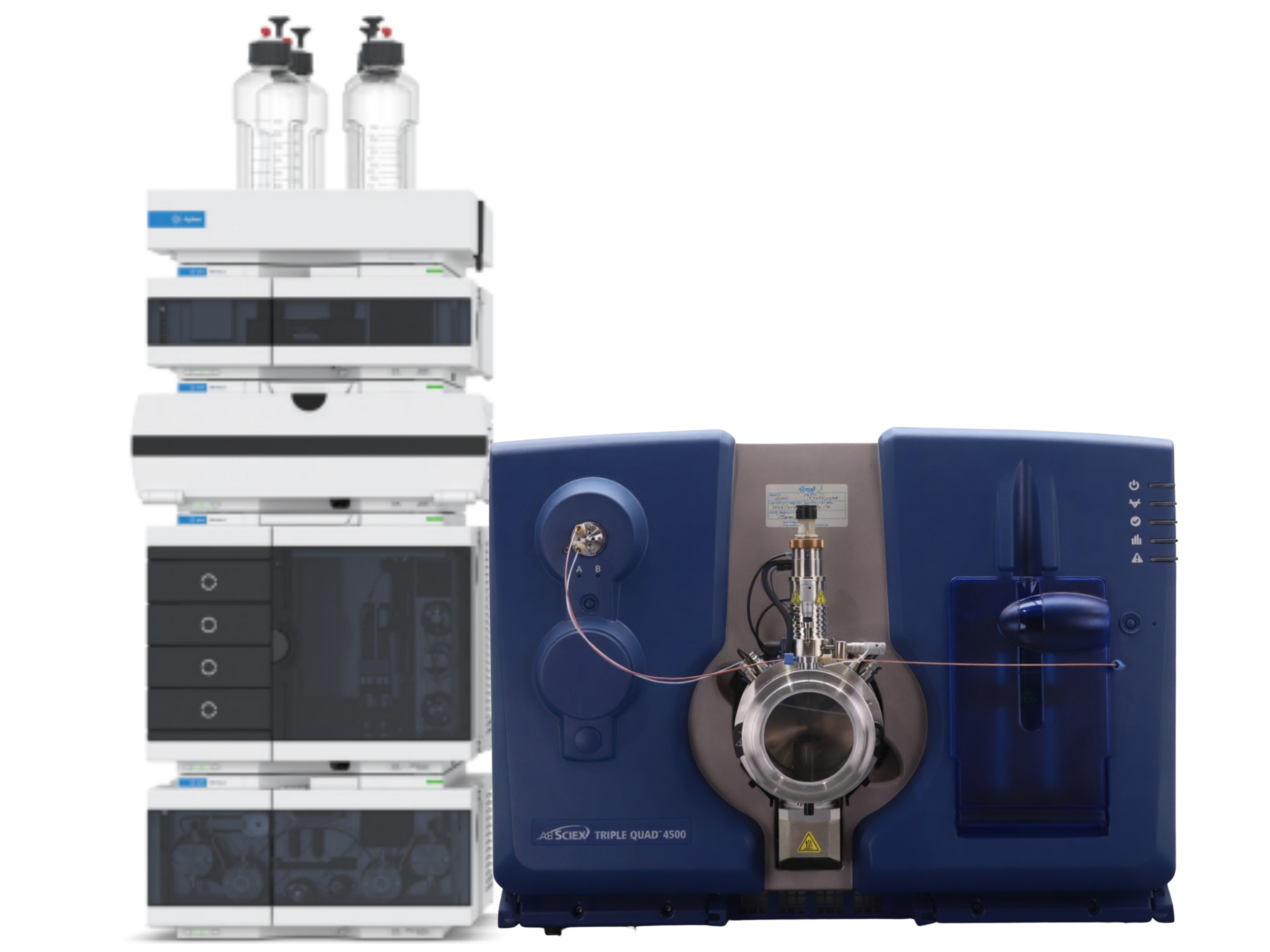Mass Spectrometry
Mass spectrometry (MS) is a powerful analytical technique used to measure the mass-to-charge ratio of ions, providing detailed information about molecular weight, structure, and composition. It is widely applied for identifying unknown compounds, quantifying known substances, and studying molecular interactions. Different types of MS systems serve specific needs: Single Quadrupole instruments are used for routine molecular weight confirmation and simple analysis, while Triple Quadrupole (TQMS) systems enable highly sensitive targeted quantitation through tandem MS/MS. Time-of-Flight (TOF) and Q-TOF instruments offer high-resolution and accurate mass measurements for structural studies and unknown identification. Gas Chromatography–Mass Spectrometry (GC/MS) combines gas chromatography separation with mass detection for analyzing volatile and semi-volatile compounds. Inductively Coupled Plasma–Mass Spectrometry (ICP-MS) provides ultra-trace elemental and isotopic analysis across a wide range of samples. With their precision and versatility, mass spectrometry techniques are essential in pharmaceuticals, biotechnology, food and environmental testing, clinical research, and advanced materials analysis.
